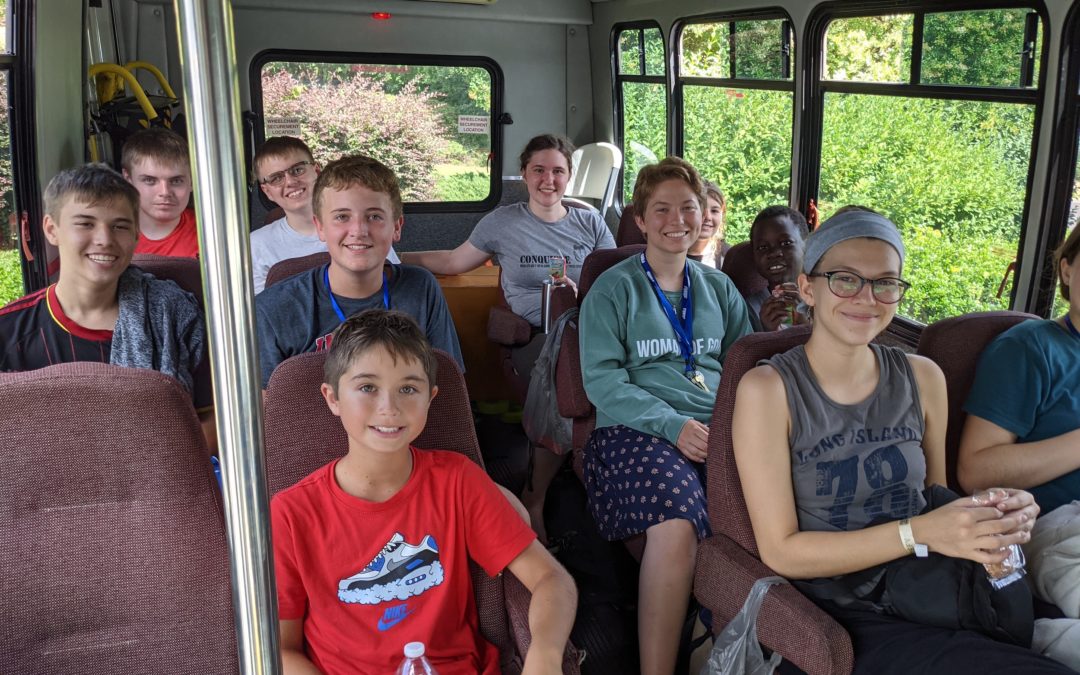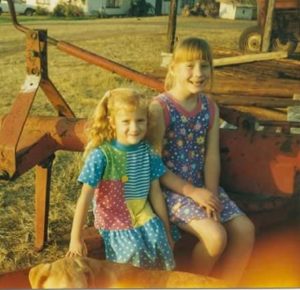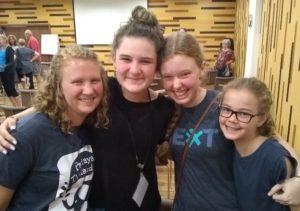
SEEN, KNOWN AND LOVED: CARING FOR GLOBAL PARTNERS MISSIONARY KIDS
At the close of the missionary conference, the volunteer team who had ministered to the missionary kids (MKs) generously laid out tables piled high with games, puzzles, toys, and more. “We brought these to bless and love on you,” the team enthusiastically expressed. “Take some of this home with you and enjoy!” Feeling cherished, the MKs happily picked the items that caught their eye and tentatively asked their parents’ permission to take home such valued treasures.
One set of siblings, after thoughtfully and deliberately choosing from amongst the plunder, brought their new items to show their mom. Beaming with joy, each gushed, “I grabbed this because…Las Colinas library needs more puzzles…my Bible teacher would love these story cards… my gym teacher could really use some dodge balls… the preschool kids don’t have games like this.” Tears filled their mom’s eyes as she realized that they had taken only to give it away.
 MKs are unique individuals with incredible, world- transforming potential. In fact, 10-15 percent of MKs return to become missionaries themselves. This shouldn’t be surprising when they have grown up nurturing the very skills and experiences necessary for effective cross-cultural ministry. Even of those who don’t go into ministry, many pursue careers related to social services or humanitarian work.
MKs are unique individuals with incredible, world- transforming potential. In fact, 10-15 percent of MKs return to become missionaries themselves. This shouldn’t be surprising when they have grown up nurturing the very skills and experiences necessary for effective cross-cultural ministry. Even of those who don’t go into ministry, many pursue careers related to social services or humanitarian work.
“I loved the cultural experiences I had growing up. I wouldn’t change that for the world. I love languages and different people of different backgrounds. It makes me much more relational than people who have lived their whole lives in one place.” – Josh Blake, adult MK, Czech Republic
At the same time, MKs are normal kids who often experience incredibly deep, life-altering challenges. Some of the most common challenges include lacking a feeling of belonging, high levels of grief and loss, and the crushing pressure to “be perfect.” In the past, these challenges have frequently gone unrecognized and consequently have remained unhealed.
“I think one of my deepest losses as an MK is a sense of identity tied to place. For most of my childhood, my identity was tied to NOT being from the place where I lived, but when I moved to the U.S., I couldn’t just say I was American, either. I’m somehow from neither place, and no matter where I go, I feel like I’ll be missing something.” – Jerah, adult MK, Central Asia
As Global Partners’ MK Wellness Specialist, my passion is to see our MKs growing up socially, emotionally, and spiritually healthy, both as kids and future adults. By coming alongside them in their challenges and through encouraging them in their personal faith and wellness, the global mission will be amplified.
The key seasons in the journey of an MK are Pre-field, before their family moves overseas; On-field, years spent in their host country; and Repatriation, either as a family ending their service or young adults starting work or university. Each of these seasons has unique opportunities and challenges that require several types of specialized care.
This care includes involving the parents through shared resources, offering focused programming for
 the MKs, creating opportunities for them to connect in-person and online, and assisting them in navigating the strange “new” world of North America as independent individuals.
the MKs, creating opportunities for them to connect in-person and online, and assisting them in navigating the strange “new” world of North America as independent individuals.
Having grown up as an MK in southern Africa, I remember my transition to university in the U.S. well. My first semester you could find me crying myself to sleep in my dorm room as I felt like a lonely outcast. “Surely, I should fit in here,” I would think to myself, “so why is it so hard? Why am I so different from those around me? Does anyone even care?”
It wasn’t until years later that I realized how much of an impact growing up in Africa had on my life. I saw and experienced the world very differently than my monocultural, American peers. However, the thing that my heart desired most was for someone to come alongside me and show me that I was indeed seen, known and loved for me – a natural desire we all hold in our hearts.
Knowing this is certainly true for other MKs who may also feel alone inspires me to step in and be the person I wish I’d had as an MK. Then, as MKs receive the care that they so desperately need, they will truly be empowered to grow into the incredible individuals that God has intricately designed.
